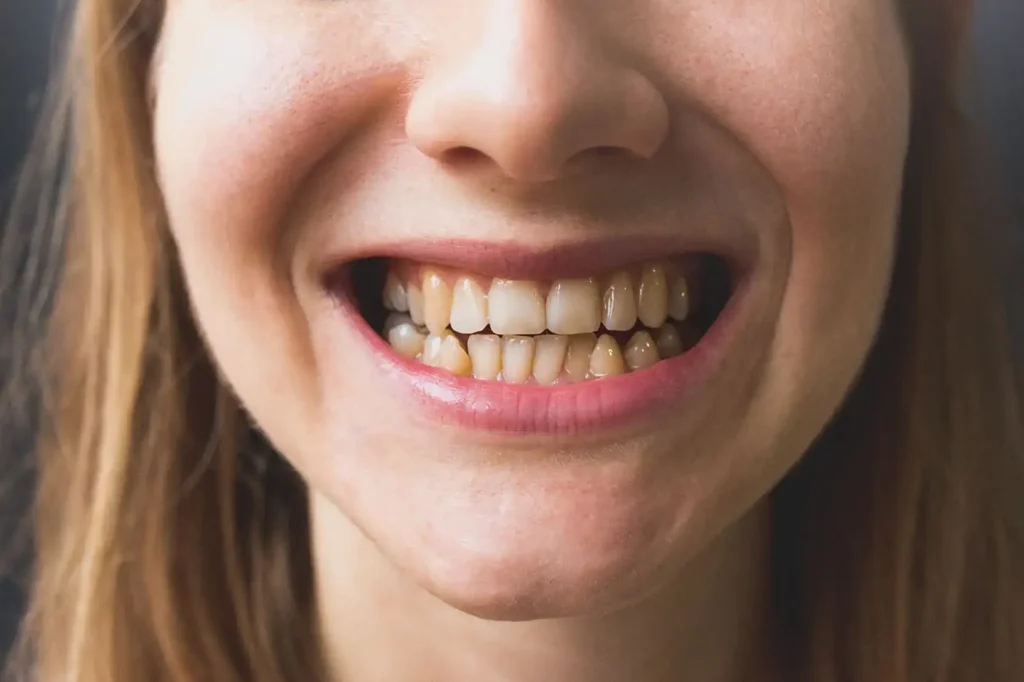Early signs include tooth sensitivity, bleeding gums, and persistent dry mouth. With proper oral hygiene, hydration, fluoride products, and routine dental care, these issues can be managed. Learn how to prevent Ozempic-related dental problems and protect your oral health while continuing treatment safely under your doctor’s guidance.
Introduction to Ozempic Teeth Decay Risks and Prevention:
Ozempic is a popular GLP-1 medication often prescribed for type 2 diabetes and weight management. While it helps regulate blood sugar and support weight loss, many patients have started noticing unexpected side effects, including oral health concerns like cavities, gum irritation, and tooth decay. This has sparked a growing conversation online and in dental clinics about the link between Ozempic and dental problems.
As someone with both medical and dental insights, I can tell you that the connection is real but manageable. The truth is, Ozempic does not directly “rot” your teeth, but it can trigger conditions like dry mouth, acid reflux, or changes in diet that create the perfect environment for bacteria to thrive. The good news? With awareness and the right prevention strategies, you can continue your treatment while keeping your smile safe.
Speak with your doctor and dentist most issues can be managed without stopping your treatment.
How Ozempic Can Affect Oral Health:
One of the biggest reasons Ozempic is linked to tooth decay is dry mouth (xerostomia). Saliva protects your teeth by washing away bacteria and neutralizing acids. When your mouth gets too dry, cavities and gum disease risk shoot up.
Another factor is nausea and acid reflux two common side effects of Ozempic. Stomach acid can erode tooth enamel, making teeth weaker over time. Patients also tend to snack less or skip meals, which may reduce saliva stimulation and lead to bacterial buildup.
Dentists have reported a rise in patients on Ozempic complaining about bleeding gums, sensitivity, and faster plaque buildup, all of which increase oral health risks.

Signs of Teeth Problems on Ozempic:
It’s important to notice early warning signs before they turn into serious dental issues. Some of the most common symptoms include. If you’re experiencing these, don’t ignore them early dental care makes all the difference.
- Persistent dry mouth or bad breath
- Tooth sensitivity to hot or cold drinks
- Bleeding or swollen gums
- Increased number of cavities in a short period
- Enamel erosion or yellowing teeth
Prevention Tips for Ozempic-Related Teeth Decay:
The good news is you can prevent Ozempic-related dental issues with some consistent habits.
- Stay hydrated – Drink plenty of water to combat dry mouth. Sugar-free gum can also help stimulate saliva.
- Strengthen enamel – Use fluoride toothpaste and consider a mouth rinse to protect against cavities.
- Oral hygiene upgrades – Brush twice a day, floss daily, and use an antibacterial mouthwash.
- Diet adjustments – Avoid sugary snacks and acidic drinks, which worsen enamel erosion.
- Routine dental checkups – Visit your dentist every 6 months or sooner if you notice issues.
- Talk to your doctor – If dry mouth or acid reflux becomes severe, your physician may adjust your dose or recommend supportive treatments.
Expert Insight: Should You Stop Ozempic Over Dental Risks:
The short answer is: No, you should not stop Ozempic just because of dental concerns unless advised by your doctor. The benefits of blood sugar control and weight management usually outweigh the oral health risks, as long as you take preventive steps.
Think of it like this: many medications have side effects, but with proper monitoring and lifestyle care, the risks can be minimized. A combined effort between your physician and dentist is the safest path forward.
FAQ
Most frequent questions and answers
No, Ozempic doesn’t directly rot your teeth, but side effects like dry mouth and acid reflux increase your risk of decay.
Yes, with hydration, fluoride toothpaste, regular brushing, and dentist visits, you can prevent most dental issues linked to Ozempic.
Not on your own. Speak with your doctor and dentist most issues can be managed without stopping your treatment.
Conclusion:
While Ozempic can contribute to issues like dry mouth, acid reflux, and enamel erosion, these risks don’t have to stop your treatment. In conclusion, understanding Ozempic Teeth Decay Risks and Prevention is essential for anyone using this medication for diabetes or weight management. With the right preventive care hydration, fluoride use, healthy diet, and regular dental visits you can protect your smile. By staying proactive and working closely with your doctor and dentist, you’ll balance both health and oral wellness.








